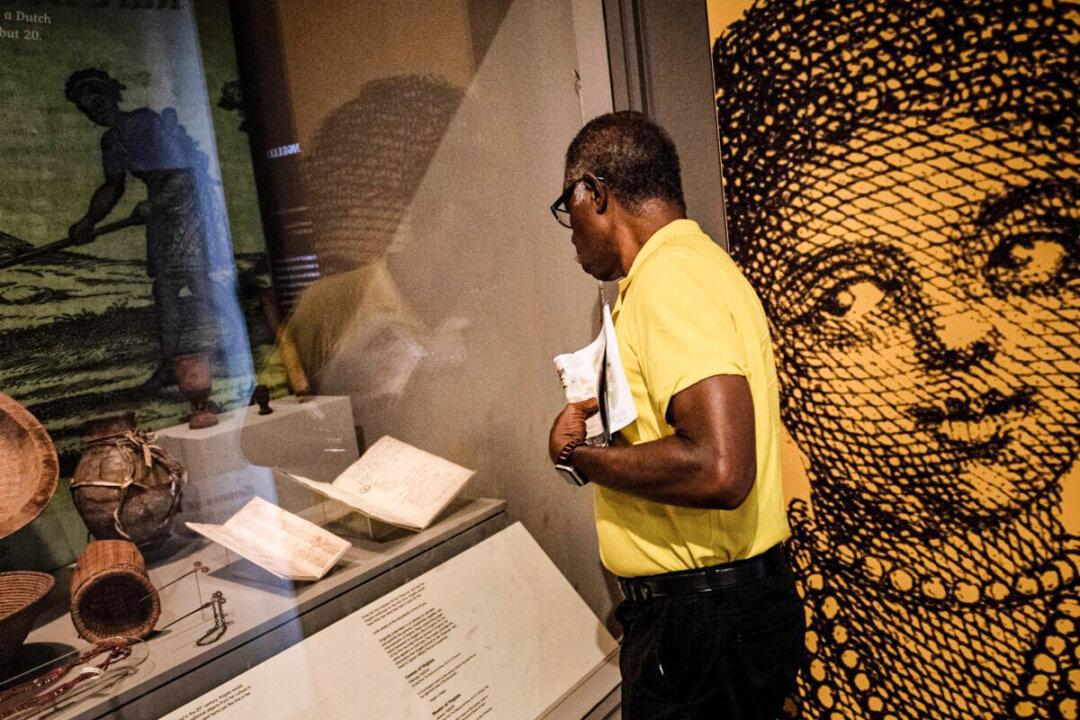With less than two weeks to go before the start of Black History Month 2023, the Florida Department of Education rejected the proposal to include an AP African American History course in the curriculum of any public high school.
As explained on its website, “the Advanced Placement Program® (AP) enables willing and academically prepared students to pursue college-level studies while still in high school.”





